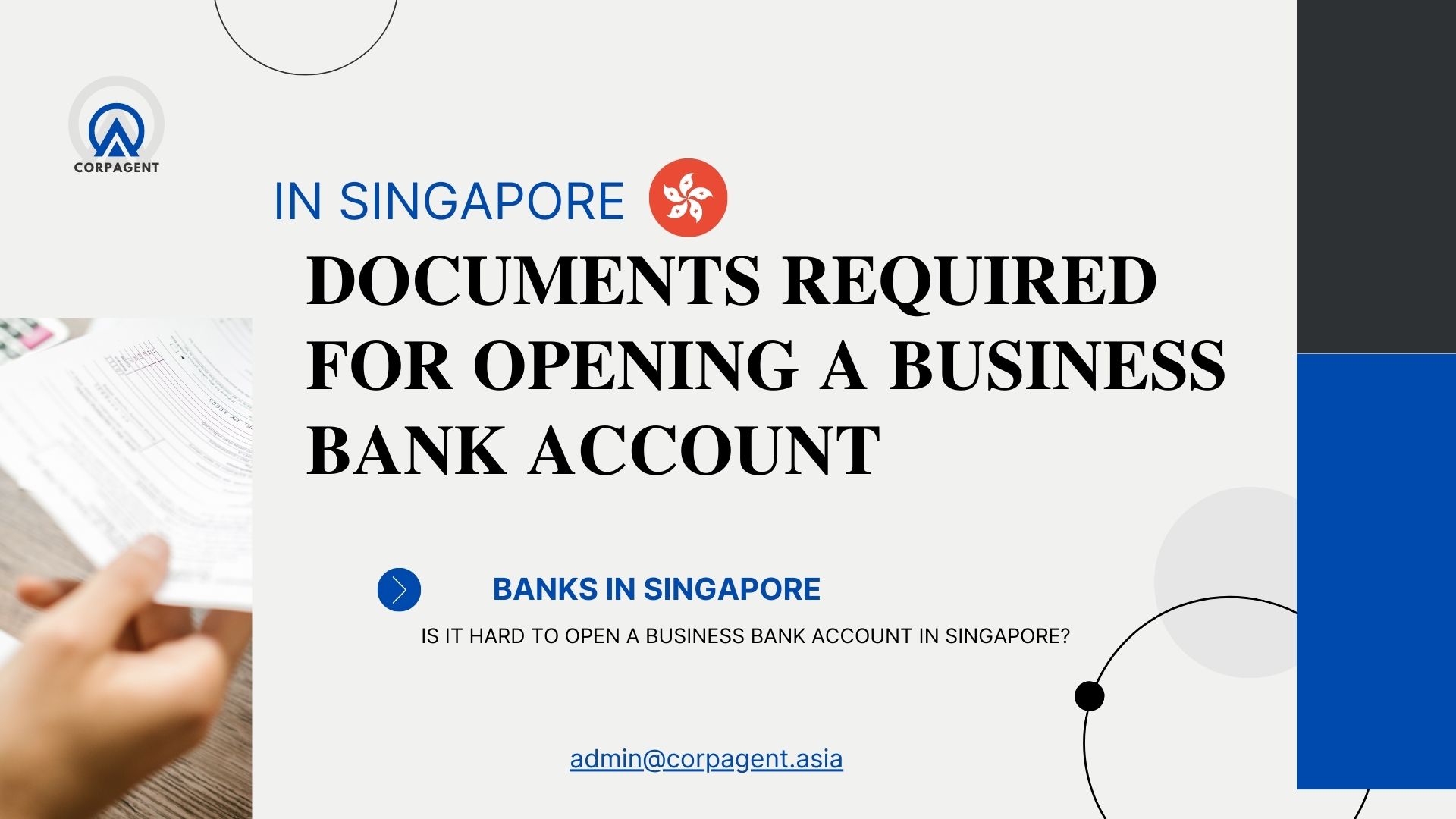About Hong Kong Holding Company
15-06-2019
Hong Kong is one of the most business-friendly jurisdictions in the world, and it offers a wide range of benefits to companies of all sizes. Moreover, the Hong Kong Closer Economic Partnership Arrangement (CEPA) is an agreement between Hong Kong and China that promotes trade between the two economies.
Under CEPA, service providers in Hong Kong are granted preferential treatment when bidding for projects in China. On that note, Hong Kong is promised land to shine for investors as a holding company. Now, let’s discover everything about this entity type, tax, and HK investment company.
The attractive factors of a holding company in Hong Kong
Attractive location
Hong Kong is situated in the heart of Asia and offers easy access to markets in mainland China, Southeast Asia, and beyond. Hong Kong has a world-class infrastructure that includes an efficient transportation system, ample office space, and a highly-skilled workforce.
Another benefit of Hong Kong’s location is the ease with which goods can be traded between Hong Kong and mainland China. The average time to trade goods from Hong Kong to mainland China is just two days, compared to the five-day average for other Asian jurisdictions. If you want to do business in both China and the rest of Asia, Hong Kong is an ideal base for yours.
Workforce’s potential
Hong Kong is home to a highly-skilled and educated workforce that will be engaged in activities such as research and development, marketing, and sales.
The workforce in Hong Kong is fluent in English which eliminates the need to hire bilingual staff. Moreover, the cost of labor in Hong Kong is relatively low when compared to other jurisdictions such as the United States and Europe.
Favorable tax policies
Hong Kong has a well-established double tax agreement (DTA) network. This means that foreign companies can benefit from exempted withholding taxes on dividends by shareholders, some kind of interest, and royalties paid to their Hong Kong holding company.
Many DTAs provide exemptions or reduced rates of capital gains tax that make Hong Kong an attractive destination for foreign companies. Plus, Hong Kong has a low corporate tax rate of 16.50%. This makes it an attractive destination for businesses looking to minimize their tax liability.
If you are looking to expand their operations into China, you might need to know some keynotes. Under the terms of the double tax agreement, profits sourced elsewhere are not subject to Hong Kong Profits Tax. To be more specific, dividends paid by a Chinese subsidiary to its Hong Kong parent company are also exempt from tax.
The double tax agreement between China and Hong Kong provides for a stable rate of withholding tax on dividends paid to income types. This makes Hong Kong an attractive destination for foreign investors looking to invest in Chinese companies.
The tips for registering a Hong Kong holding company
Business structure
The best business structure for a holding company in Hong Kong is a private limited company. This type of company is easy to set up and has several benefits, including limited liability and tax efficiency. On another hand, a subsidiary company is also a good option for you as a foreign enterprise.
Incorporation documents
There are a few documents to keep in mind when registering a company in Hong Kong. The entrepreneurs must file some documents as follows:
- The articles of association: outline the rules and regulations governing the company. This document must be filed with the Companies Registry when the company is incorporated.
- An incorporation form – NNC1 for a company limited by shares or NNC1G for a company not limited by shares.
- A Notice to Business Registration Office – IRBR1 form
Registering fee
After the required documents have been filed in ACRA, submit the registration fee. The local private companies having a share capital will pay a registration fee of HK$1,545 for the electronic form and HK$1720 for the hard copy form. Depending on the type of business entity will have a difference in the registration fee.
Once the registration fee has been paid, the company will be issued a Certificate of Incorporation. This document is proof that the company has been legally incorporated in Hong Kong.
Annual return notice
A holding company in Hong Kong is required to file an annual return with the Companies Registry. The annual return must be filed within 42 days of the anniversary of the company’s return date.
Keynote for entrepreneurs as a holding company
The requirements to register a holding company in Hong Kong are relatively straightforward. In addition, there are still some essentials that foreign enterprises should know:
- The company must have at least one shareholder, one director, and one company secretary.
- A sole director for a holding company in Hong Kong must not be the company secretary.
- The company must have a registered office address and a corporate bank account.
- The company makes a splash with no minimum capital requirements as a Hong Kong holding company.
- The requirements to get a Tax Residence Certificates: after registering a company, one should have a corporate bank account in Hong Kong and file its annual return.
- The full implementation of the Common Reporting Standard: financial institutions in Hong Kong will be required to report to the Inland Revenue Department information such as the account holder’s name, address, date of birth, and account balance. However, a holding company in Hong Kong doesn’t oblige to file it.
After registration the company should
Open a bank account
To open a bank account in Hong Kong, a holding company must first provide the bank with certain documents. These documents include the company’s Certificate of Incorporation, the articles of association, and a shareholders’ agreement. The bank will also require information about the company’s beneficial owners.
Have a backup plan to move to another country
Hong Kong has a free market economy that takes the spotlight on many entrepreneurs’ intentions. Moreover, Hong Kong’s budget for 2022 is also a reasonable point to be more attractive than other oversea countries. However, the politics in Hong Kong are sometime not stable recently. For that point, having a contingency plan to relocate your Hong Kong company to another jurisdiction is paramount. To illustrate, here are some other offshore countries you might consider: the British Virgin Islands, Cayman Islands,…
Conclusion
A holding company in Hong Kong can be a valuable tool for investors. However, it is important to understand the requirements and implications of setting up a holding company in Hong Kong.
Other News
Singapore VS Hong Kong : Where is the best place to do business 2023?
Singapore and Hong Kong have been vying for dominance as Asia’s ‘Best Place to Do Business’ for decades. Both regions have enticed international investors with tax-friendly regulations, simple firm incorporation procedures, and superb infrastructure, among other things. Although Hong Kong has a longer history as a corporate center, Singapore has quickly caught up, eroding Hong Kong’s supremacy in the area. Singapore has been fast to implement business-friendly regulations that have attracted the majority of global companies to build their Asian presence on its shores.
What documents are required for opening a business bank account in Singapore 2023?
When you’re ready to start taking or spending money as your business, open a business account. A business bank account keeps you legally compliant and safe. It also has advantages for your customers and workers.
Today, we’ll look at Singapore’s banking business, which is a sophisticated financial ecosystem of local and foreign institutions. You will learn about the procedures for creating a corporate bank account, the required documentation, and the variety of banking services. And if you’re interested in opening a business bank account in Singpore, we’ll provide you with consultancy to help you, please contact us through https://corpagent.asia/
RISKS & TIPS FOR OPENING A BANK ACCOUNT FOR START-UPS IN HONG KONG
The difficulty of obtaining commercial bank accounts in Hong Kong has been well – recognized in recent years. It is also really complicated. Despite media attention and pressure from the Hong Kong Monetary Authority, InvestHK, Chambers of Commerce, and Hong Kong business organizations, opening bank accounts remains difficult for start-ups and small and medium-sized firms in particular.

Top 3 Crypto Exchanges Singapore 2023
Singapore is a prominent financial center that has experienced an increase in cryptocurrency use. Investors are seeking for the finest crypto exchange in Singapore, with up to 93% of its population having moderate knowledge of the crypto business.
This article will guide you some newest and safest pros and cons, provided base on top reviewers of top 3 crypto exchanges in Singapore:







